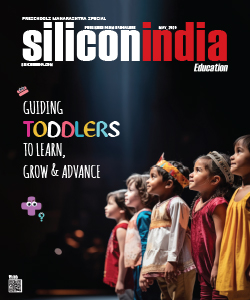India-U.S. Relation at Critical Juncture over Trade Issues
BANGALORE: As Nisha Desai Biswal, U.S. Assistant Secretary of State for South and Central Asia is scheduled to visit Delhi to discuss bilateral ties, India’s ambassador to the U.S., S Jaishankar lashed out at Washington for building up pressure on India on trade issues, reports Times of India.
In a speech in Chicago he remarked, “If tax issues loom large on the business relationship between our countries, let us not forget that enhancing revenue is not a goal of the Indian government alone. And if business models are based on minimizing tax obligations, they can hardly expect to pass unchallenged in India as much as in other countries.”
Prior to her visit, Nisha has talked about the challenges that the two countries have to overcome for a healthy relationship. On the intellectual property rights violation issue, she remarked, “Stronger enforcement of intellectual property and patent protection is not just good for American companies but will also protect India's entrepreneurs, content creators and investors.”
On the other hand, India has pointed out restrictive trade practices by the U.S. where Indian interests have been negatively affected.As Jaishankar pointed out, “Our concerns include immigration reform provisions that attack our service industry's viability in the U.S., revenues forfeited by the absence of progress on a totalisation agreement and restricted market access. Localization too is apparently an issue where preaching against it abroad does not preclude practicing it at home.”
Beside the ongoing investigation by the USITC on Indian trade practices and Indian IPR regime, Indian authorities are also not happy over the U.S. decision to drag India to WTO on the solar cells. U.S. authorities complain that India is giving incentives to solar energy producers for using locally manufactured solar cells instead of solar cells manufactured in the U.S.
Indian officials on the other hand highlight the inefficiency of the U.S. manufactured solar cells and the inadequacy of the thin film technology in power generation. They deny discrimination against the U.S. products.
Making clear India’s aggressive stand on this issue, Jaishankar said, “The results are there for all of to see - a de-strategising of foreign policies in favour of bread and butter concerns. A globalized world is also an infectious one and it should come as no surprise if others respond in an equally hard-headed manner to the diplomacy of demands.”
Read More:
Ambani Richest Indian but Global Rank Tumbles to 40
Blackmoney: India Posts IRS officers in 7 Nations Except Cyprus

.jpg)

.jpg)